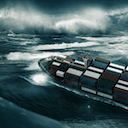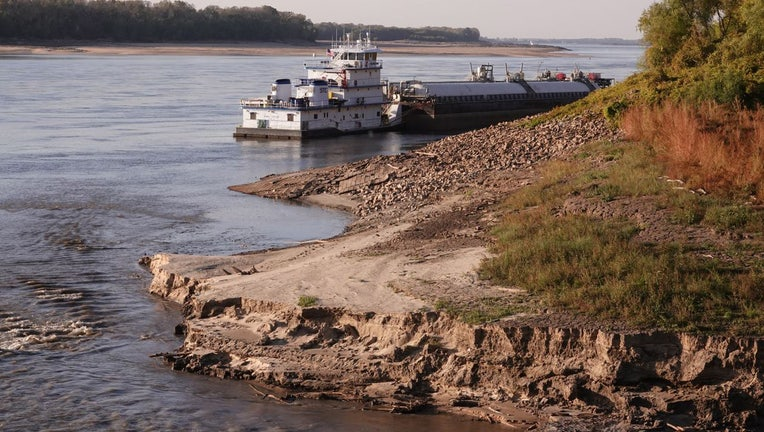Drought in the Midwest Causes Barge Delays and Higher Prices
The recent drought in the Midwest has had a major impact on the Mississippi River, leading to barge back-ups and delays that could eventually trickle down to consumers in the form of higher prices. The river is the nation’s primary commercial waterway, and is used to transport 60% of all grain exports from the United States. This has caused some barge rates to hit historic highs of over $100 per ton, at least double what’s typical.
Data analytics can be used to identify and reduce water waste in supply chains, helping to conserve resources during drought. By analyzing the data of the supply chain, companies can identify areas where water is being wasted and take steps to reduce it. For example, companies can use data analytics to identify areas where they can reduce the amount of water used in production, or to identify areas where they can reduce the amount of water used in shipping. By reducing water waste in supply chains, companies can help conserve resources during drought, while also reducing costs.


This is such an important article. We need to start using data analytics to identify and reduce water waste in supply chains. It’s the only way we can conserve resources during drought.
I’ve been working in the supply chain industry for years, and I can confirm that data analytics can be a great way to reduce water waste. I’ve seen firsthand how companies have used this technology to reduce costs and conserve resources.
This is really concerning. We need to start using data analytics to identify and reduce water waste in supply chains as soon as possible.
I think this is a great idea! Data analytics can be a powerful tool to help reduce water waste in supply chains.
Really interesting article. Is there anything else we can do to conserve resources during drought apart from using data analytics?